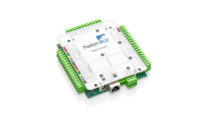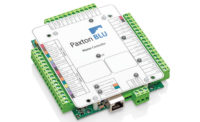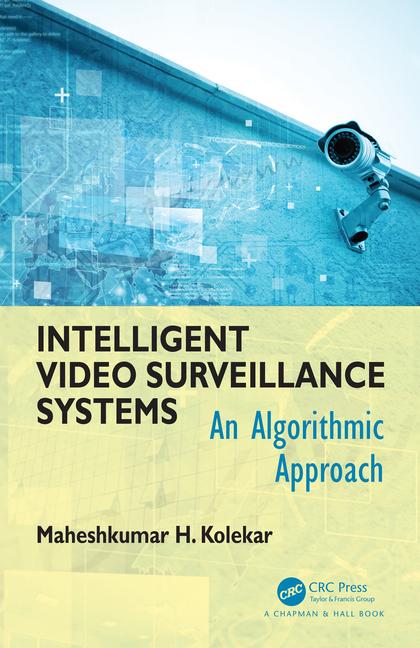Physical-logical security convergence software company AlertEnterprise is developing a policy-based access control (PBAC) for physical security solution in partnership with adaptive authentication software company BioConnect.
The new cloud-based authorization service allows corporate security teams to deliver real-time company policy evaluation at the door and override high-risk default 24/7 badge access door behavior. The software unifies workforce identities and credential information from corporate HR and physical access control systems (PACS). And with an intuitive policy wizard, it helps users configure door authorization rules, assigning them at scale to designated access control panels and door access readers.
“Our customers, including some of the world’s largest brands, have made it clear that today’s ever-changing regulatory requirements, made more complex with COVID-19, have made policy-based physical access control a key innovation for workplace access in the new era of work,” said Jasvir Gill, CEO and founder of AlertEnterprise. “We believe that PBAC authorization service will help businesses dramatically enhance security while being a real business enabler. This is the future of physical access control and BioConnect brings a decade of expertise in the space as an ideal partner to bring this solution to market.”
Designed for large enterprises with complex infrastructures, the integrated solution retrofits existing access control panels and connects to the cloud authorization service. This allows businesses to quickly implement dynamic authorization for employee access to facilities according to individual credential holder work schedules, COVID-19-based policies, and any other HR or security policy.
“Over 1,400 companies trust BioConnect to bring compliance-centric physical access solutions to their business, including many of the Fortune 100,” said Rob Douglas, CEO and founder of BioConnect. “This partnership enables BioConnect customers and future prospects to benefit from Alert Enterprise’s investment in automating checks for complex regulatory requirements and will help protect our customers from risks that result in significant regulatory fines.”







